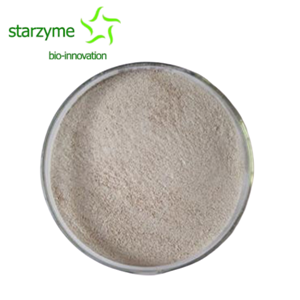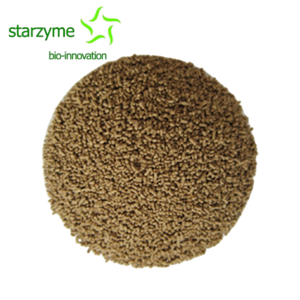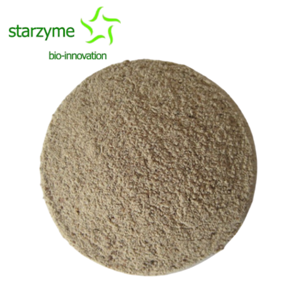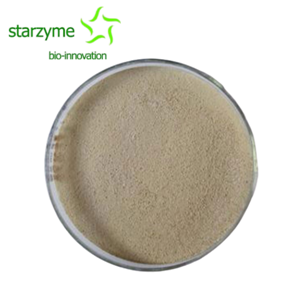Function and Applications of Bacillus amyloliquefaciens in Agriculture
One Promote plant growth:
1. Bacillus amyloliquefaciens can synthesize and secrete plant hormones such as indole-3-acetic acid (IAA), which can stimulate plant root development, increase root hair quantity, and thus improve plant absorption efficiency of water and nutrients.
2. It can also convert minerals such as phosphorus and potassium in soil that are not easily absorbed by plants into soluble forms, making it easier for plants to absorb and utilize.
II Biological control of diseases:
1. This strain can form a dominant group in the plant rhizosphere through competitive exclusion mechanism, preventing the colonization and infection of pathogenic bacteria.
2. Bacillus amyloliquefaciens secretes various antibacterial substances, such as lipopeptide antibiotics (such as Surfactin, Iturin A, Fengycin), protein antibiotics, and other secondary metabolites, effectively inhibiting or killing many soil borne pathogenic microorganisms, such as Fusarium, Pythium, and other diseases caused by them.
III Enhance plant stress resistance:
Bacillus amyloliquefaciens can induce systemic acquired resistance (SAR) in plants, activate their own defense mechanisms, and make them more tolerant to external environmental pressures such as drought, cold, salinity, and other abiotic stresses.
4 Improving soil structure:
These bacteria help improve soil physical properties, promote the formation of soil aggregates, enhance soil permeability and water retention, and promote healthy growth of crop roots.
2. Bacillus amyloliquefaciens can also degrade organic matter, promote the decomposition of organic matter in the soil, and provide more nutrients for plants.
Five Reduce dependence on chemical pesticides:
Due to its powerful biological control function, the use of Bacillus amyloliquefaciens can replace chemical pesticides to a certain extent, reducing the amount of chemicals used in agricultural production processes, which not only reduces costs but also mitigates the risk of environmental pollution.
VI Accelerate the maturation of organic materials:
Adding Bacillus amyloliquefaciens during the composting process can accelerate the decomposition rate of organic waste, shorten the composting cycle, and improve the quality of compost, making it a high-quality organic fertilizer.
7 Remediation of polluted soil:
Bacillus amyloliquefaciens also has certain environmental remediation capabilities and can participate in the degradation of certain types of pollutants, including organic pollutants such as petroleum hydrocarbons, which helps to treat polluted land.
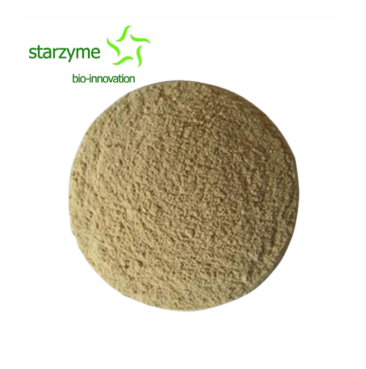
In summary, Bacillus amyloliquefaciens, as an important beneficial microorganism, plays a key role in modern agricultural production. It not only promotes the improvement of crop yield and quality, but also has positive significance for achieving green agriculture and sustainable development. By using these microbial agents reasonably, farmers can achieve higher economic benefits while protecting the ecological environment.

